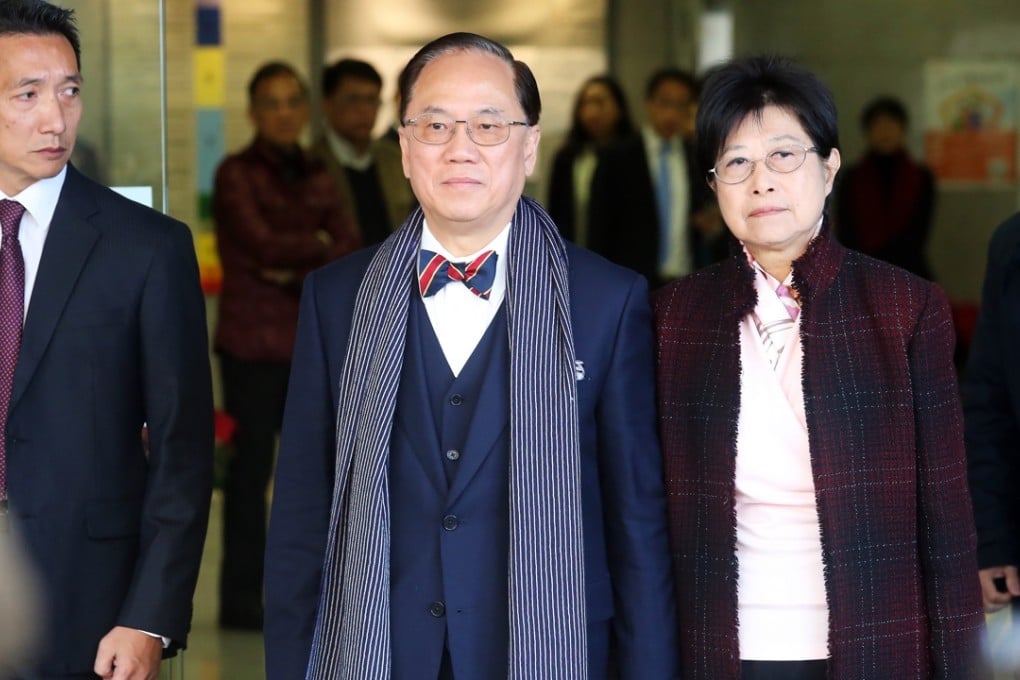So just who is a right-thinking person? And how can you tell?
Juries deliberating whether the holder of a public office is guilty of misconduct are chosen on the assumption they hold high standards, but it’s a nebulous concept

Are you a “right-thinking person?” Of course you are, you are reading this column.
You and your standards of propriety are therefore the standards which would be applied to the issue of whether a public office holder has misconducted themselves so badly as to be deserving of criminal conviction and punishment. If a case is heard before a jury then such standards should automatically apply, assuming the jury will nearly always consist of ordinary, right-thinking members of society.
There is a strong argument therefore that such cases should only be heard before a jury in the Court of First Instance. This is by no means guaranteed in Hong Kong, for reasons I shall explain in a later column.
It has been the case that in Hong Kong, on the few occasions when this offence has been charged, a magistrate or district court has had to adopt the mantle of a right-thinking person. The former chief executive Donald Tsang Yam-kuen will face trial by jury in the High Court. This was a decision of the Department of Justice and is a sensible one.
How do the courts decide who is a right-thinking person? There is no test for such a virtue. No psychometric exercise has been devised to measure right thinking. Either a judge in the lower courts will place themselves in this position, accurately or not, or a randomly selected jury is assumed to be made up of such people. But it is, of necessity, something of a nebulous concept.

